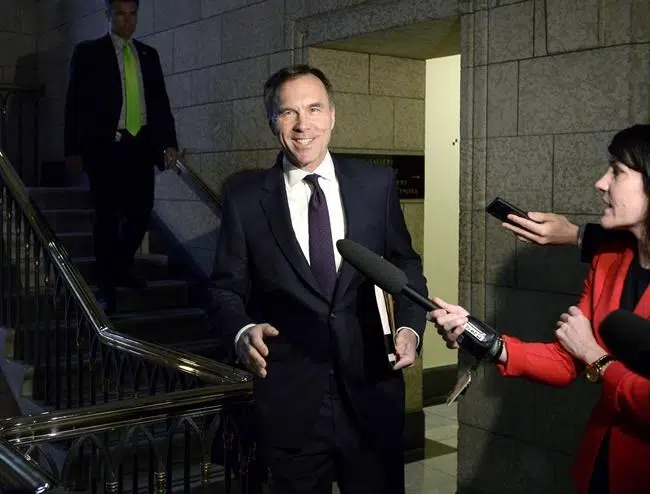
Ethics watchdog says Bill Morneau didn’t break law with pension bill
OTTAWA — The federal ethics watchdog has closed the last in a series of probes facing Bill Morneau, deciding that the finance minister didn’t violate any conflict of interest laws last year as the sponsor of a pension-reform bill.
Morneau found himself in political hot water when he introduced the pension-reform legislation, which critics insisted would benefit Morneau Shepell, his family company, prompting calls for an ethics investigation into Morneau’s involvement in the bill.
Ethics commissioner Mario Dion said in his report that the legislation was so broad in its impact — it applied to all federally regulated private-sector employers, certain Crown corporations and all pension plan administrators — that it exempted Morneau’s actions from any punishment.
Dion’s ruling likened the decision to MPs who were grain farmers voting on legislation in 2011 about the Canadian Wheat Board. Then-ethics commissioner Mary Dawson said the votes were OK because the legislation affected a broad group of people — some 70,000 farmers.
